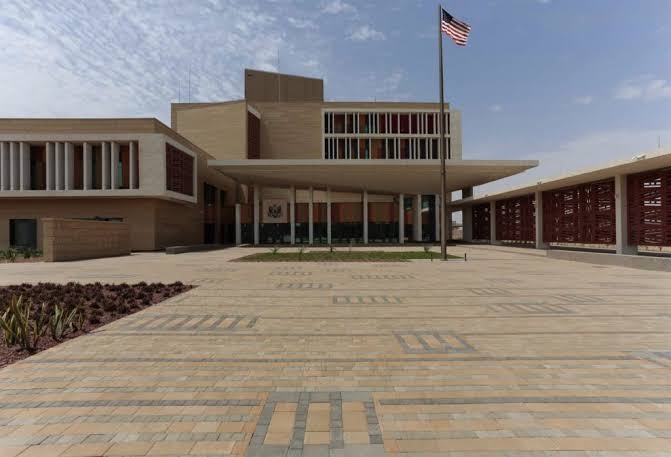The U.S. embassy in Chad has suspended the issuance of most nonimmigrant visas for 90 days, the State Department said on Thursday.
This is the first known international travel restrictions of President Donald Trump’s second term.
Chad is one of more than 40 countries the Trump administration has been considering for inclusion on a list of nations whose citizens would be subject to travel curbs similar to travel bans imposed during Trump’s first term in 2017-2021.
A State Department spokesperson said in an email that the suspension applied to nonimmigrant tourists, business travellers, student and exchange visitors and most other categories of nonimmigrant visas.
The suspension of routine visa services comes after Trump issued an executive order on January 20 requiring intensified security vetting of any foreigners seeking admission to the U.S. to detect national security threats and directing several cabinet members to submit by March 21 a list of countries from which travel should be partly or fully suspended.
A State Department spokesperson on Thursday said the order directed the State Department to review all visa processes to ensure adequate safeguards were in place, adding that it was “implementing the President’s Executive Orders and the administration’s priorities.”
The spokesperson did not answer questions about whether other countries had been notified of restrictions.
“This is not a ban on entry to the United States. Chadian citizens remain eligible to apply for U.S. visas at other U.S. embassies and consulates around the world,” the spokesperson said.
Chad’s foreign ministry said in a statement that the embassy had informed it of the measures and that it was looking into the reasons behind them.
It added that the embassy in Chad would still issue visas to diplomats and people with U.S. residency.
An internal U.S. government memo seen by Reuters earlier this month listed Chad as one of 26 countries recommended for a partial visa suspension if it did not address deficiencies related to vetting and screening information within 60 days.
Ten countries, including Afghanistan, Iran and Cuba, were to be considered for a full visa suspension, while five more were recommended for a partial suspension without the possibility of addressing deficiencies.
During his first term, Trump imposed travel bans on more than a dozen mostly Muslim-majority countries.
The policy faced repeated legal challenges and went through several iterations before it was upheld by the U.S. Supreme Court in 2018.










